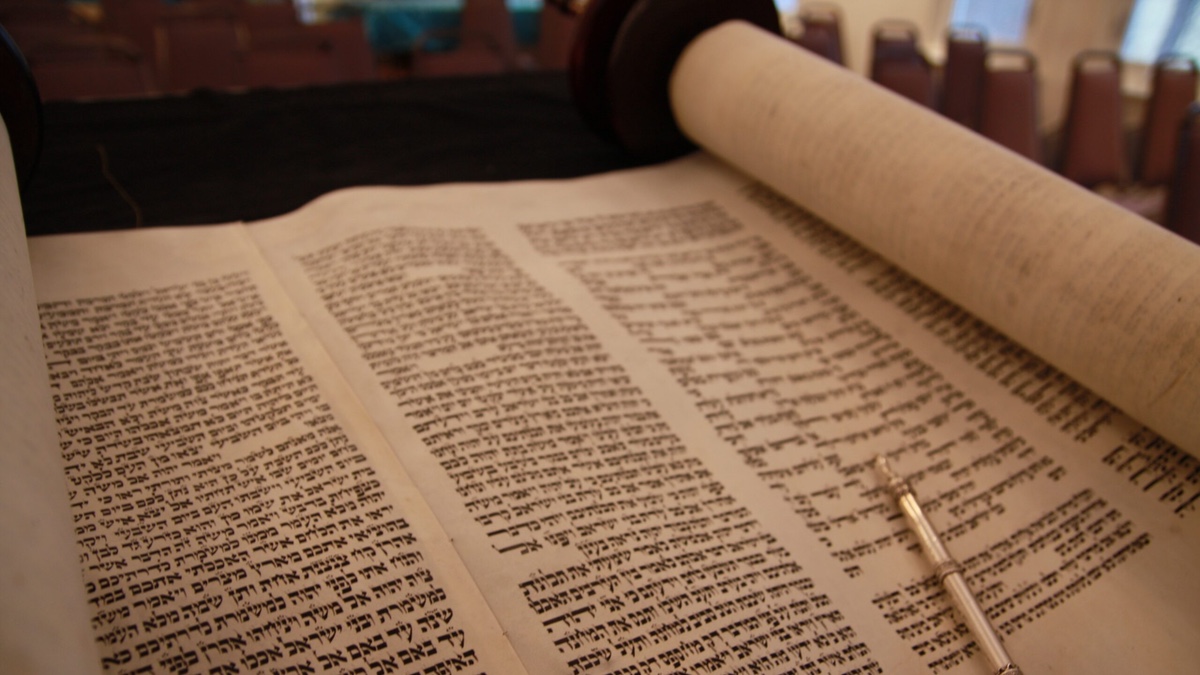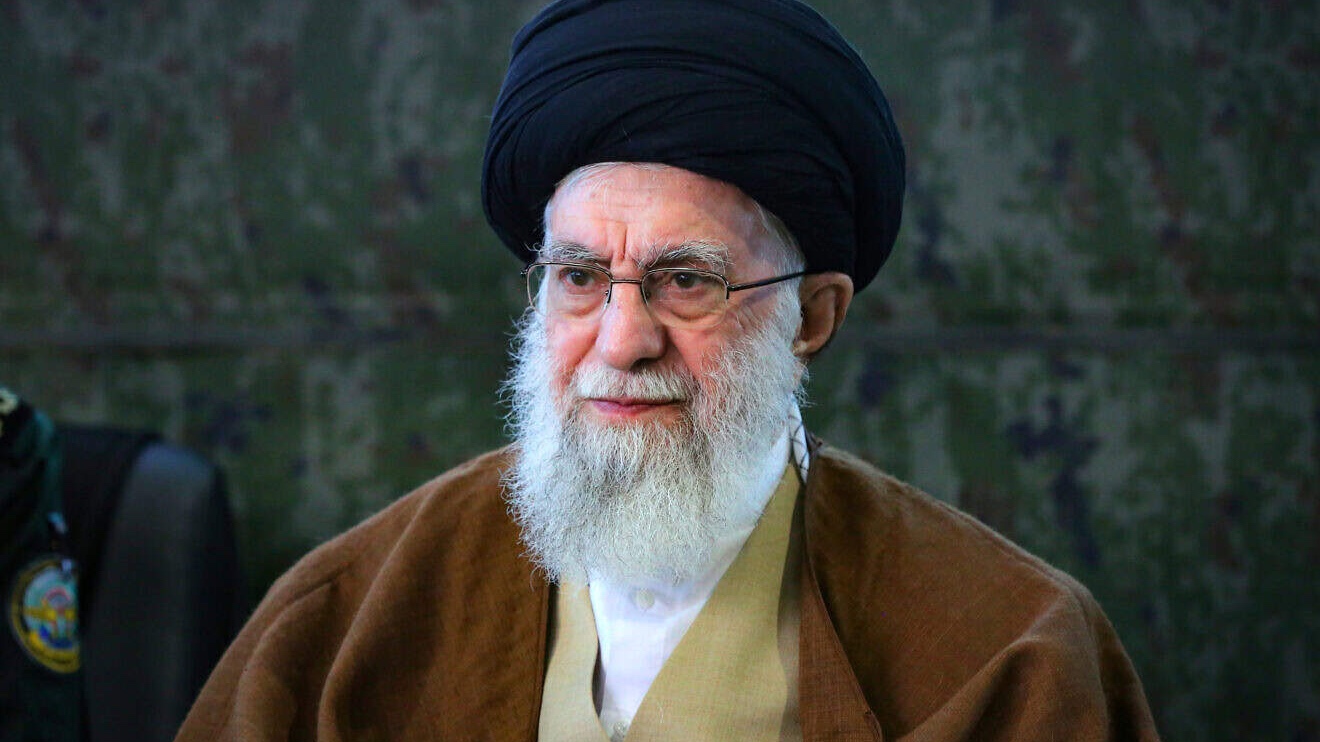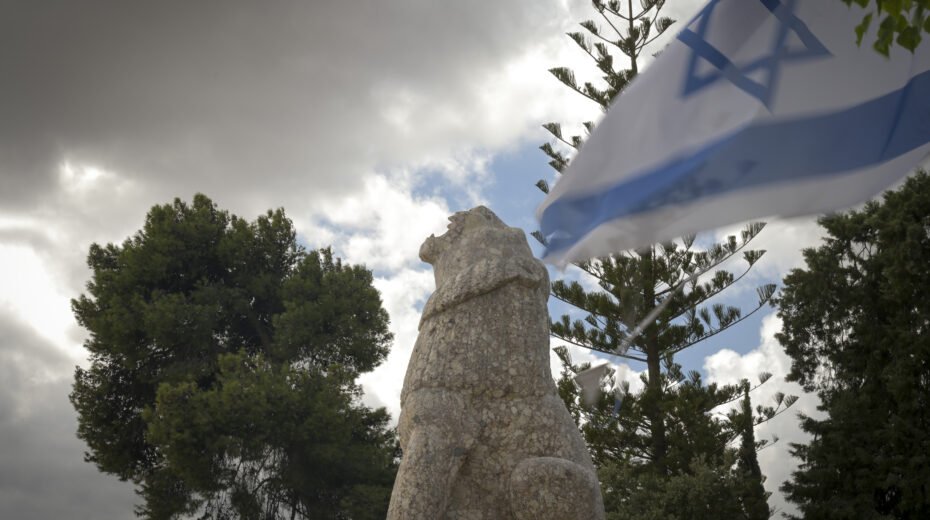On the road to Emmaus, Yeshua met with two of His disciples and, beginning at Moses and all the Prophets, He expounded to them in all the Scriptures the things concerning Himself. (Luke 24:27). For our Torah studies this year, therefore, week by week we will seek to discover how all of Torah prepared the way for the coming Messiah.
22nd November 2025 (2 Kislev)
Toldot (Generations): Genesis 25:19-28:9
Far less detail is given of Isaac’s life than that of his father Abraham. Our reading this week takes us from when he was forty years old and Rebekah became his wife, to when he was an old blind man. At that time, Jacob received the covenant blessing and Isaac faded from the biblical account as we begin to follow Jacob in more detail. In fact we hear no more of Isaac until the time of his death at the age of 180 years (Genesis 35:29).
Many questions come to mind concerning Isaac. The great victory of faith for Abraham on Mount Moriah was a climax of covenant history. Isaac seemed to be a quiet trusting son, to let his father raise a knife to him on the altar there. Then followed the magnificent account of his chosen bride Rebekah coming to meet her future husband, their eyes first seeing each other from afar, as Isaac meditated in the fields. What a wonderful, profound beginning to the successors of Abraham and Sarah as the bearers of covenant faith through the next generation!
Yet, in our portion this week, it is far from a glorious continuation of their lives together. We cannot easily read this without comment or question. Isaac made the same mistake as his father in lying about his wife to Abimelech. Then there is the tension between the twins, Esau and Jacob. Was Isaac too passive in his fatherly role? Why was the precious birthright of the older son no more valuable than a tasty meal? Why was a central factor at the time of passing on of covenant blessing also a tasty meal? Why did Rebekah scheme to bring about the blessing on Jacob rather than Esau? Why was this necessary when God had already promised her (Genesis 25:23) that His hand was on Jacob to be the more prominent son? What had gone wrong with the relationship between Rebekah and Isaac that deception was felt to be necessary? Why was the anger of Esau so strong that he threatened to kill his brother – no less an evil than that which befell Cain and Abel at the dawn of time? Many questions, but we do not have clear answers in our study.
We might excuse some of this in our human way of thinking. Many years had gone by and perhaps God did not made things clear enough to Isaac and Rebekah. Much of their life would have been according to the customs of the day. They were farmers and keepers of animals, constantly seeking food and water. Isaac inherited all of Abraham’s wealth (Genesis 25:5), both his earthly possessions and his servants. This was a big company of people to manage and feed. Yes, they had great covenant privilege and responsibility, but also a very ordinary life too.
As we consider this we might also consider our own situations as present-day custodians and witnesses of God’s covenant promises. How many times do we start well and then drift from the pure path before us? It is no wonder that we are stirred by the sad outcomes in the lives of the patriarchs, because Torah is truly a mirror that we look into and see through our spiritual eyes what we are also like.
Indeed, consider for a moment the entire history of God’s covenant purposes from Adam to today. Study every person whose life is written into the Bible and find anyone who lived his life perfectly. They are just not there – except one.
The Apostle Paul confirmed this with his clear statement in Romans 3:23: all have sinned and fall short of the glory of God.
This is not to excuse ourselves, because we must earnestly seek to grow towards that perfection. Yet, total perfection is not achieved in this life for us any more than for Isaac.
One thing that we can say for Isaac as we read our passage this week: it is that he retained conscious responsibility regarding the covenant. He was old and must pass on the blessing to the next generation. He knew too that the blessing that he spoke over Jacob had spiritual authority and power. It endowed Jacob with responsibility before God regarding the covenant, and the blessing could not be taken back. Wonderfully, despite Isaac’s many failings as a father and a husband, when he spoke the words of blessing over Jacob, God Himself affirmed it.
This lifts our study into the higher heavenly place. Throughout all history, God’s own purposes stand firm and will not fail. The covenant promise that He gave to Noah, that mankind would continue on this earth despite their human weakness stands firm. The unconditional covenant that He made with Abraham, that his descendants would be as numerous as the stars in the sky, continues to be remembered.
For all the weakness of mankind, there is a higher purpose being fulfilled over all history. The golden thread is to be found in all Scripture, that God Himself would bring forth His own Son of promise from the descendants of Abraham, Isaac and Jacob, who would not fail. This was the Messianic promise and the Messianic hope of all Israel. Yeshua was already within God the Father when the covenant was made, waiting to be manifest as a human being at the time appointed by God. At that time, through the birth of Yeshua, by the power of the Holy Spirit, at long last there was a sinless human being able to fulfil all the covenant plan perfectly. As His disciple John recalled Yeshua saying of Himself when challenged by the religious rulers of His day:
Most assuredly, I say to you, the Son can do nothing of Himself, but what He sees the Father do; for whatever He does, the Son also does in like manner. For the Father loves the Son, and shows Him all things that He Himself does; and He will show Him greater works than these, that you may marvel. (John 5:19-20)
Read the Gospel account in parallel with our portion this week and realise why God could confirm Isaac’s blessing of Jacob, two human beings much like us. Through our studies of Torah we see reflections of our own human weakness, yet the grace of God has been over all history, for all who desire to respond to the covenant call of God. Grace came to its highest fulfilment in the giving of Yeshua as our redeemer from our sin and weakness. We will not find the climax of the covenant purposes of God in any other. Yet we, like Isaac, have a part to play, as God continues to keep His hand for blessing on this fallen world for all who will believe. For our part we must remain faithful, learning from our mistakes and the mistakes of our forefathers, trusting in God for the greater fulfilment of His covenant blessings to all who seek Him in faith, abiding in His grace and forgiveness.














